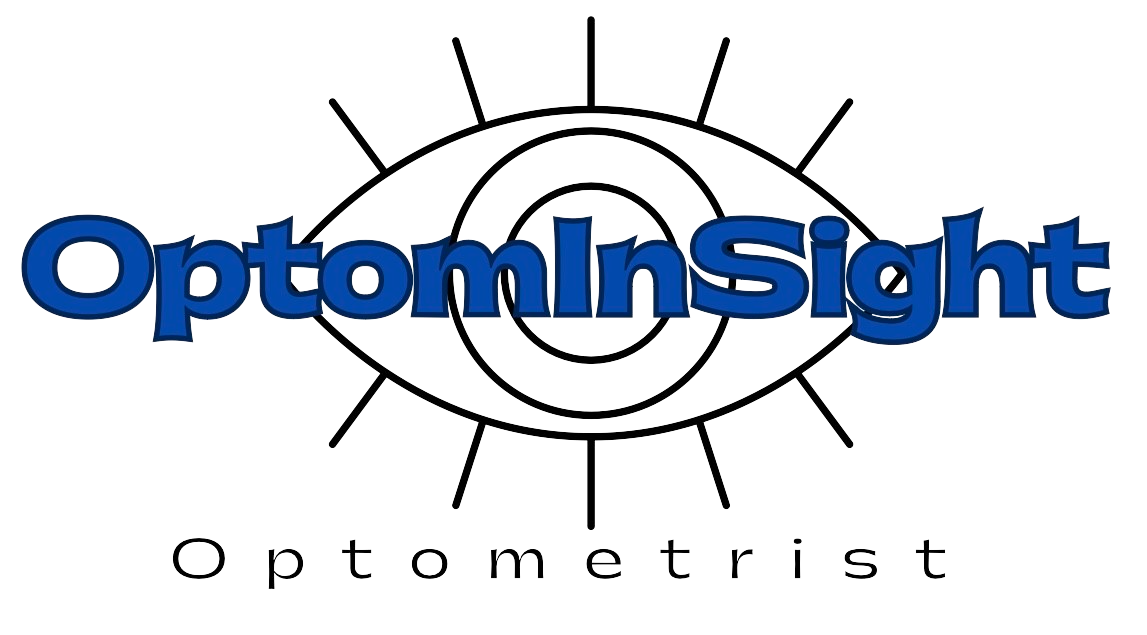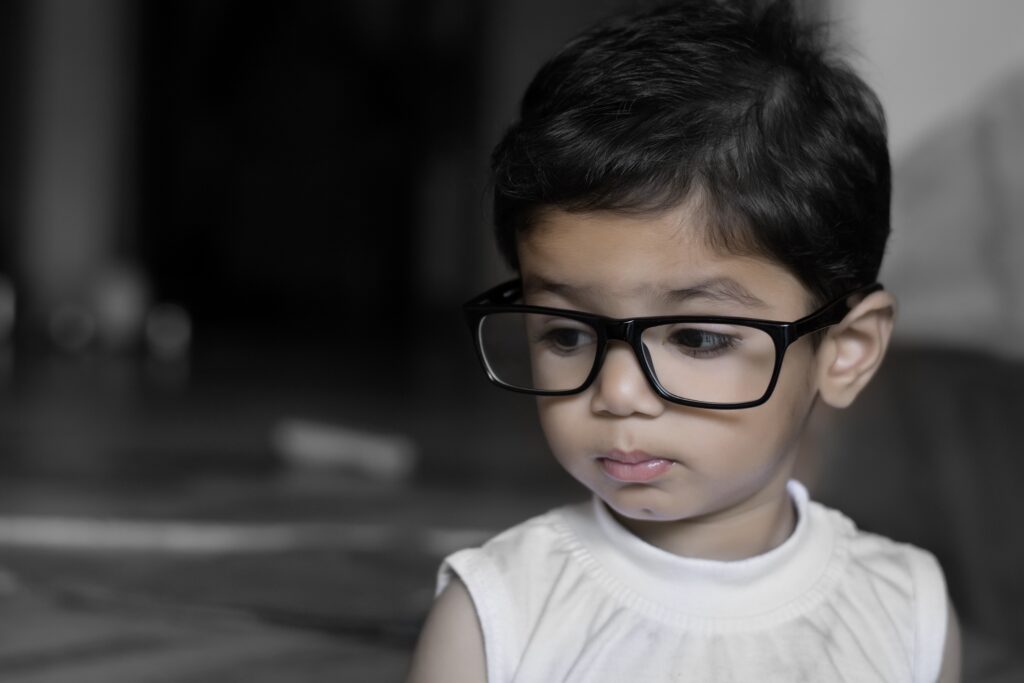Myopia, or near-sightedness, is a common vision condition that affects millions of people around the world. It occurs when the eye becomes elongated, making it difficult to focus on distant objects. Myopia progression can lead to more serious vision problems, such as high myopia, retinal detachment, and even blindness. However, there are several methods that can be used to stop myopia progression and maintain good eye health.

Regular Eye Examinations The first step in stopping myopia progression is to have regular eye examinations. This will help your eye doctor to identify any changes in your eyesight and provide an appropriate treatment plan. Regular eye exams can also help to detect other vision problems, such as cataracts, glaucoma, and age-related macular degeneration.
Corrective Lenses or Contact lenses Corrective lenses or contacts are a common solution for myopia. These devices help to focus light on the retina, making it easier to see distant objects. Wearing corrective lenses or contacts can slow down myopia progression by reducing the amount of strain on the eyes.
Outdoor Activities Studies have shown that spending time outdoors can help to slow down myopia progression. Outdoor activities, such as hiking, gardening, or playing sports, can increase the exposure to natural light and reduce eye strain. This helps to relax the eye muscles and maintain good eye health.
Limit Screen Time Excessive screen time can cause eye strain and increase the risk of myopia progression. It is recommended to limit screen time to no more than two hours a day and take frequent breaks. This will give the eyes a chance to relax and reduce the risk of eye strain.
Eat a Healthy Diet Eating a healthy diet can also help to slow down myopia progression. Foods that are high in antioxidants, such as leafy greens, carrots, and blueberries, can help to protect the eyes from oxidative stress. Omega-3 fatty acids, found in fish and nuts, can also help to maintain good eye health.
Orthokeratology is a non-surgical treatment that uses special contact lenses to reshape the cornea and reduce myopia progression. The lenses are worn overnight and removed in the morning, providing clear vision for the day. This treatment is an effective way to slow down myopia progression and maintain good eye health.
Multifocal contact lenses: Multifocal contact lenses are specially designed to provide both distance and near correction, reducing the need for reading glasses. These lenses can help to reduce the amount of near work-related strain on the eyes and slow down myopia progression.
Atropine drops: Atropine is a type of medication that has been shown to slow down myopia progression in children. Atropine drops are applied to the eyes on a daily basis, and have been shown to be effective in slowing down myopia progression.
In conclusion, myopia progression can lead to serious vision problems, but there are several methods that can be used to stop it. Regular eye exams, corrective lenses or contacts, outdoor activities, limiting screen time, eating a healthy diet, and orthokeratology are some of the methods that can be used to slow down myopia progression and maintain good eye health.
Lecturer (Nethradhama School of Optometry)
Moptom

